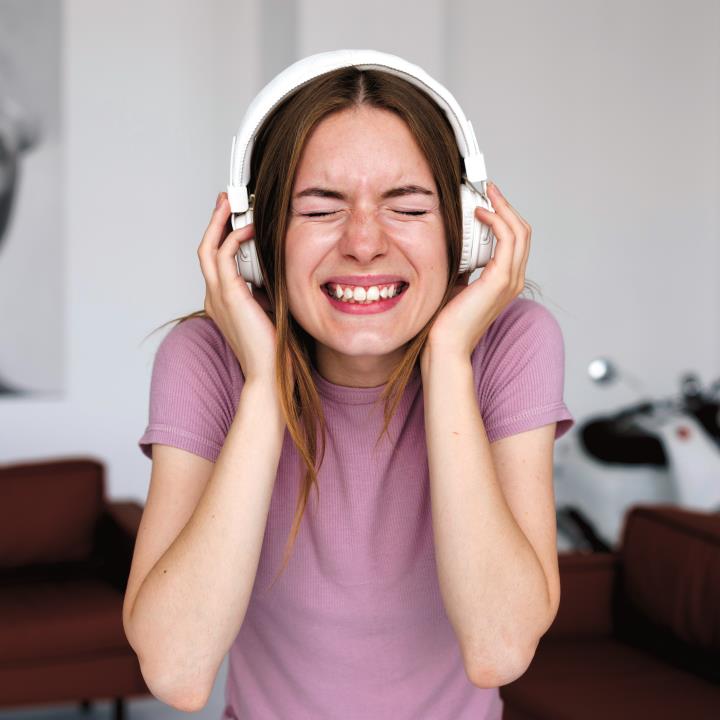Teen Talk: Hear Today, Gone Tomorrow
The Importance of Protecting Teen Hearing
by Marge Eberts & Peggy Gisler
The Importance of Protecting Teen Hearing
by Marge Eberts & Peggy Gisler
Dec 26, 2024

Dear Kids, Did you know that 20% of you now have some form of hearing loss? Surprising, I know. You probably thought it was only for old folks or people born deaf. But hearing loss is real, growing, and there is currently no cure.
Your Hearing Is Fragile
Noise-induced hearing loss occurs when the sensory cells inside the cochlea of your inner ear are damaged. These cells, while allowing us to hear a full range of tones, are very delicate. When exposed to loud noise frequently, they weaken and die, and once gone, they are gone for good. Scientists are working on ways to regenerate hair cells, but there is no solution yet.
What Are the Facts?
• Prolonged exposure to any noise at or above 85 decibels (the level of heavy city traffic or a school cafeteria) can cause gradual hearing loss.
• At 105 decibels (maximum volume of an iPod), some hearing loss can occur within 15 minutes.
• At 110 decibels (level of a rock concert or loud sporting event), damage can occur after one minute.
Hearing Loss Is No Fun
Take it from someone with hearing loss — you don’t want it. It’s isolating and makes socializing harder, especially in noisy places. You may miss jokes, avoid certain friends, and find listening to music less enjoyable. Keeping up at school or work can become more challenging, and life can become more dangerous if you cannot hear alarms or warning bells.
Hearing Aids Don’t Work Like Glasses
While hearing aids help, they do not restore hearing back to normal like glasses do for vision. They amplify all sounds, making it hard to pick out what you want to hear. They also change the way music sounds, often making it tiny and synthesized.
Noise-Induced Hearing Loss is 100% Preventable
Turn it down: Enjoy your music at safe levels. Fifteen minutes at maximum volume can damage your hearing. Use noise-canceling headphones to enjoy lower volumes safely.
Block the noise: Wear earplugs or earmuffs at concerts or sporting events.
Move away: Stay far from loudspeakers and avoid noisy areas.
Parents, encourage the teens in your life to protect their hearing now.
For more information, visit Shari’s website livingwithhearingloss.com to find out about her blog and book, Hear & Beyond: Live Skillfully with Hearing Loss.








